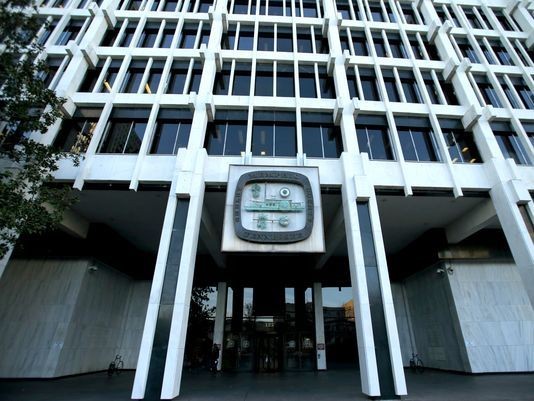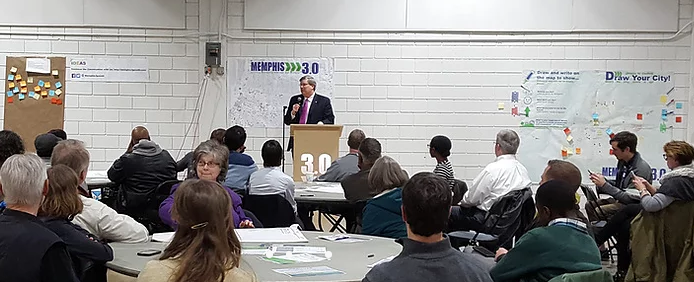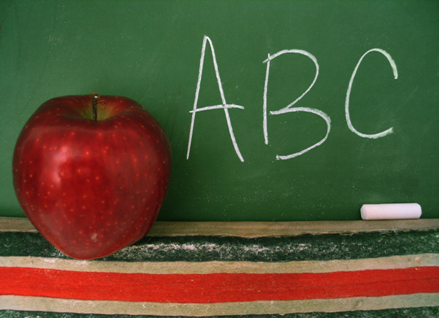Tennessee Democrats recently unveiled legislation they’ll push in January’s session of the Tennessee General Assembly on issues of jobs, universal pre-K, and roads — and they issued questions on repealing the state sales tax on groceries.
Universal pre-K
Sen. Charlane Oliver (D-Nashville) and Rep. Aftyn Behn (D-Nashville introduced a bill to provide free, universal pre-kindergarten for all 4-year-olds in Tennessee. The proposal aims to reduce childcare costs, boost family incomes, and improve educational outcomes statewide.
The bill would require all school districts to offer pre-K, using a new funding mechanism: a 9.5 percent tax on social media advertising by major tech companies operating in Tennessee. Universal pre-K increases parental earnings by 21 percent and delivers $5.51 in benefits for every dollar invested, according to the nonpartisan National Bureau of Economic Research.
“Every child deserves access to a great education, and universal pre-K is the best way to ensure that opportunity begins at the earliest stages of learning,” Oliver, a working mother of three, said in a statement. “This isn’t just an investment in our kids; it’s an economic lifeline for working families. Universal pre-K reduces childcare costs, boosts family incomes, and strengthens Tennessee’s workforce. It’s time to deliver real relief to families who are stretched too thin.”
Only 20 percent of Tennessee’s 4-year-olds are enrolled in state pre-K programs, according to the nonpartisan National Institute for Early Education Research. Oliver and Behn argue their plan will close this gap and bolster Tennessee’s economy.
“Working families are the backbone of Tennessee, but far too many struggle to afford high-quality preschool for their children,” said Rep. Behn. “This legislation cuts costs, gives families a raise, and ensures every child gets a strong start in life. The research is clear: when families have access to free pre-K, parents can work more, earn more, and build a more secure future for their children. It’s a win for families, businesses, and the state economy.”
Waste to Jobs
Sen. Heidi Campbell (D-Nashville) introduced the Tennessee Waste to Jobs Act, a bill to transform the state’s waste management system by expanding recycling access, reducing landfill waste, creating over 7,700 jobs, and having packing producers to pay for it.
Under the legislation, the producers who create product packaging would join a statewide Producer Responsibility Organization (PRO), which will work with local governments to manage and fund recycling programs using an innovative extended producer responsibility model. Producers will finance recycling services based on the type and volume of packaging they produce, freeing local governments from bearing these costs.
The network would also work with local governments to implement programs to educate consumers, reduce waste, and expand recycling access underserved areas. Counties with a population of less than 200,000 would have to opt into the program.
Campbell said the bill could divert and repurpose 950,000 tons of waste bound for landfills.
“Tennessee is at a crossroads,” Campbell said in a statement. “We can continue to watch our landfills overflow, and our resources go to waste, or we can lead the Southeast in building a robust recycling economy that works for our families, businesses, and future.
“The Tennessee Waste to Jobs Act creates over 7,700 jobs, brings $300 million annually into our state, and ensures local governments save millions while providing access to recycling for every community that opts in to the program.”
Tennessee fell one spot on Ball’s annual recycling report. The state recycles 5 percent of its waste. This is down slightly from 2021 to earn Tennessee a 48th ranking of 50 states.
Read more about Tennessee’s recycling trends from Ball here:
“Rocky Top, Not Rocky Roads”
Tennessee Democrats are also expected to push an infrastructure plan next year to battle the state’s “growing traffic crisis,” and “crumbling transportation infrastructure,” laying blame at the feet of the Republican supermajority.
Read more about it in our previous story here.
In a Nashville news conference in October, lawmakers launched the “Rocky Top, Not Rocky Roads” campaign, highlighting road conditions and traffic congestion. They pointed to an annual state infrastructure audit that said the state now faces a $34 billion backlog in transportation projects.
The plan would have Tennessee’s government issuing debt rather than relying on in-hand revenues to increase the state’s ability to invest in large-scale infrastructure programs, the lawmakers said.
Grocery tax cut
Democrats have pushed the GOP supermajority to cut the taxes on groceries in Tennessee. When Gov. Bill Lee paused the tax for 30 days back in 2017, Democrats said they’d pushed the idea for a decade.
Oliver and Behn worked this past legislative session to eliminate Tennessee’s sales tax on groceries. The effort was thwarted and the two said, “Republicans in the state legislature opted to pass a $5.5 billion tax handout for large corporations instead.”
But the GOP seems poised to review the tax cut next session. House Bill 21 says it would exempt “from the state sales and use tax the retail sale of food and food ingredients.” Its sponsors are state Rep. Elaine Davis (R-Knoxville) and House Majority Leader William Lamberth (R-Portland).
Democrats said, based on this year’s review of cutting the tax, it would leave a $755 million hole in the state budget. So far, Republicans have not said how they’d replace that money.





 bbbskw.org
bbbskw.org